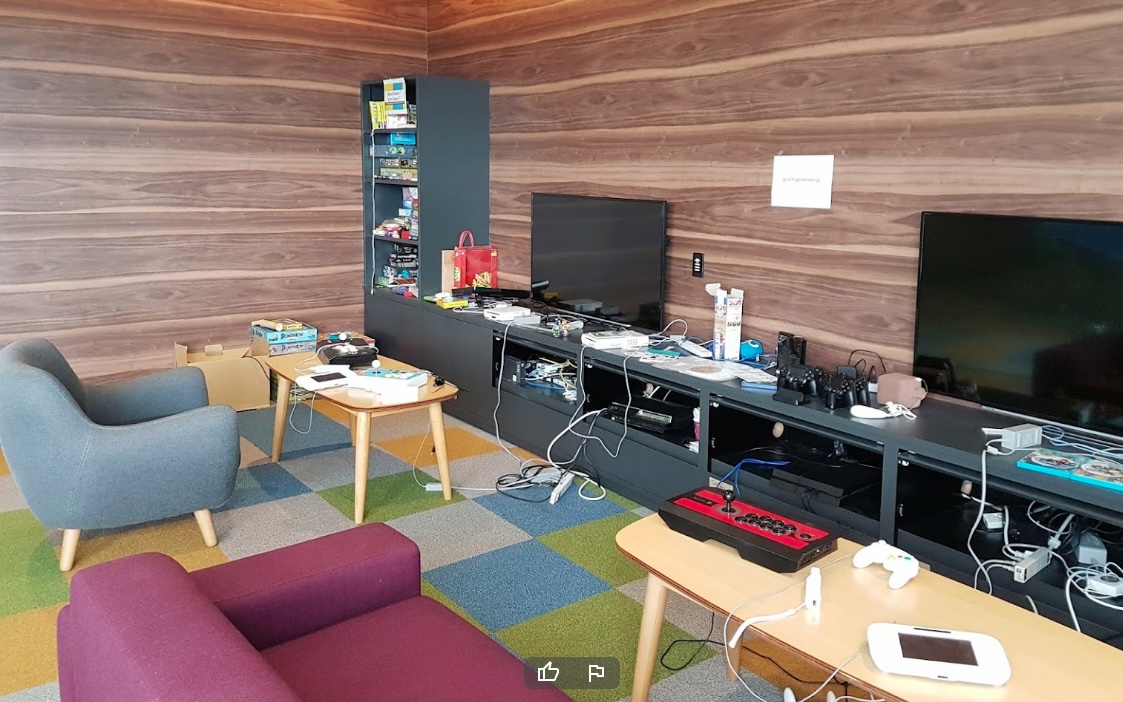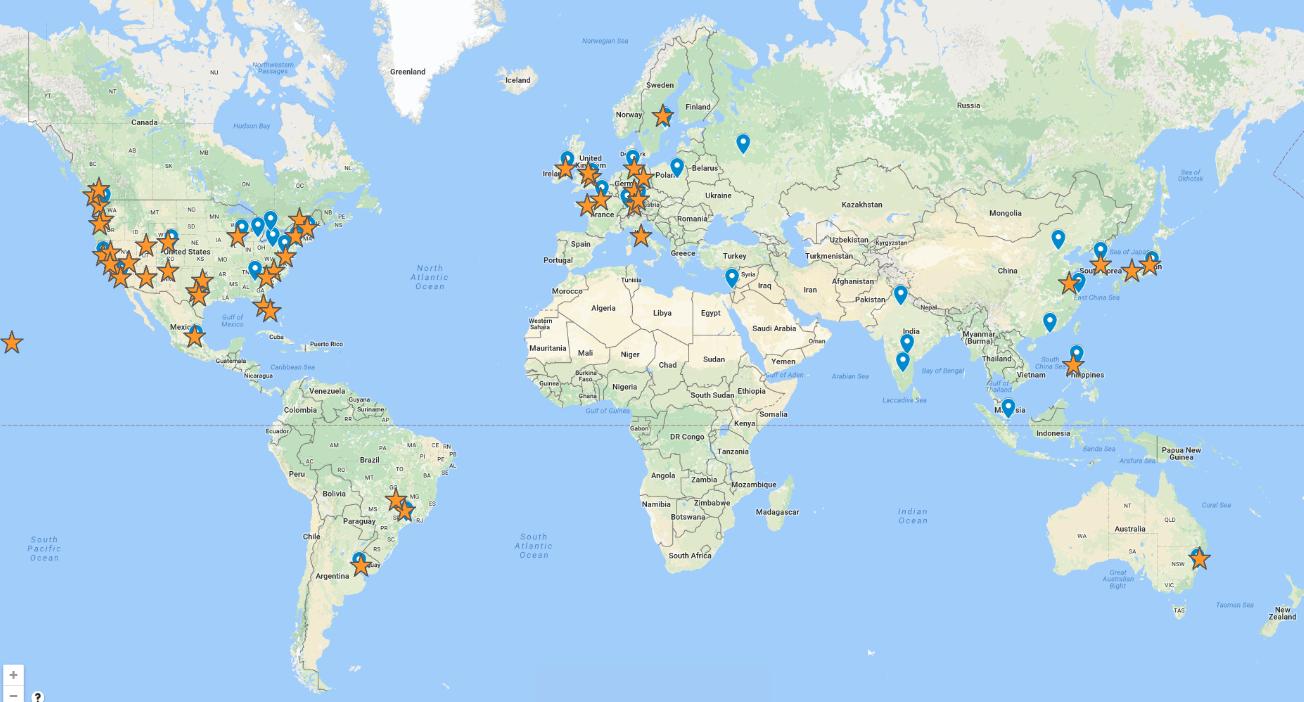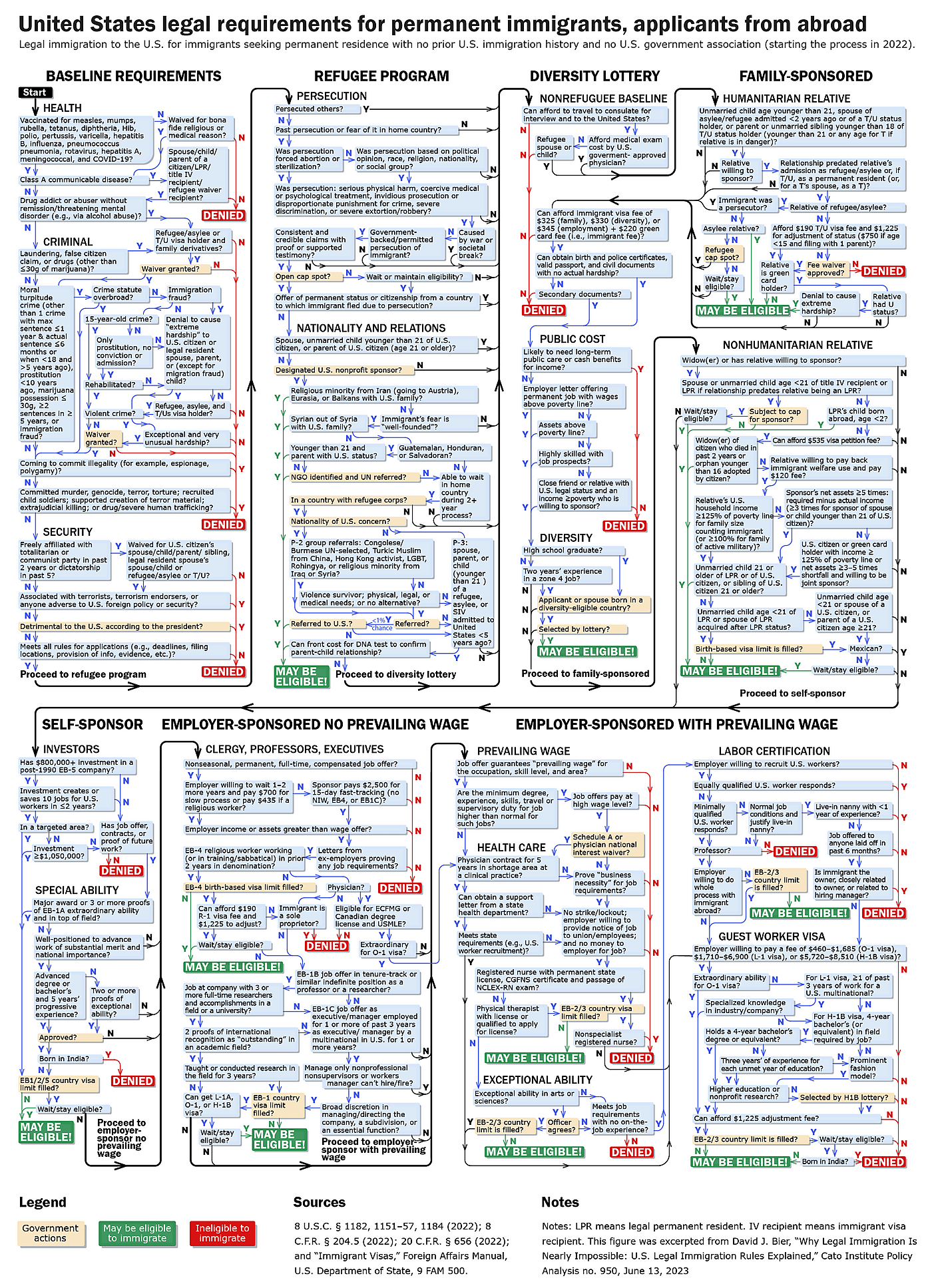The End of Tech as a Big Family
 Chris Chapman
Chris Chapman
I've been thinking about the past months of Tech layoffs and how some of them were unnecessarily traumatic.
My take is this: many Tech companies intentionally promote emotional ties of being a "family." When employees feel like family, they perceive impersonal layoffs as betrayal. I review 6 ways in which Tech companies cultivate the emotions of being a "family" ... and how those lead to feelings of betrayal.
To illustrate this, I use examples from Google where I worked for 10 years (I left a few months before the layoffs began). After reviewing six emotional ties, I discuss what companies and employees should do instead.
(1) How Tech Cultivated a "Family": Hiring
The first emotional tie involves hiring. At Google, I served on the central UX hiring committee and the steering committee for Quant UXRs. I won't recap Tech or Google hiring practices; they are well known and are described in the Quant UX book.
In my experience, the Google hiring process selected employees to be very similar to one another: intelligent, verbally quick, experts in their fields, open minded, curious, honest, transparent, and surprisingly modest. This was known as "Googliness" and was intentionally assessed in interviews. (There is a down side: it can exclude people with different styles. That's a separate discussion.)
This process selected employees who were very comfortable together, almost like an extension of graduate school. That is both a figurative and literal statement: a majority of engineering Googlers (including UXRs) have graduate degrees.
This all leads to a common experience: some employees feel that they are more "like" their colleagues than they have experienced before. For purposes of the discussion here, this hiring for similarity creates the first strong emotional tie.
(2) How Tech Cultivated a "Family": Work Places
Tech offices like Google's can be quirky and extravagant. Such offices are designed to mimic and evoke homes ... especially idealized, fantasy homes. Thus, they reinforce emotional ties of home and "family."
At Google, I worked at or visited 27 office locations (perhaps 100 buildings). Home mimicry appeared in basic home aspects such as self-serve kitchens and food, espresso machines, sleeping areas, pet areas, bicycles, herb gardens, clothes (free t-shirts and jackets), laundry rooms (free to use), lawns, and patios.
At a higher level the workspaces evoked fantastic homes with libraries, gyms, hidden rooms, massage chairs, game rooms, BBQ, fish ponds, beer kegs, bars stocked with liquor, panoramic views, hot tubs, swimming pools, and kayaks.
All of this was done in home color palettes (or corporate brand colors). No money was needed for any of these, reinforcing that it was a family, not a business.
Following are a couple of examples. First is an online photo of one of the many game rooms. It is quite similar to a home!

This is a "secret entrance" to the Paris office (I also saw "secret" entrances in Buenos Aires and Osaka). It is quite similar to the front door of a home.

This is a garden and lawn at Google HQ. Again, it's like a fantasy home or resort.

These home-like, non-monetized, and often fantastical spaces at Tech campuses evoke homes and establish the second strong emotional tie.
(3) How Tech Cultivated a "Family": Trust
On my first day of orientation at Google in 2012, the leader made two recommendations that astonished me:
Make your personal calendar public inside the company
Give everyone permission to edit your documents. (There were exceptions for sensitive information. I'll set that aside.)
Many new employees asked, "How can I trust such public sharing?" The answer: try it and see that colleagues deserve the trust. By sharing one's calendar, almost all back-and-forth was eliminated in finding "meeting times that work." By sharing docs, colleagues simply fixed issues when they see them, and that almost always made them better. In 10+ years, I never had any problems with such sharing.
The takeaway was that employees learned to trust one another, and such trust was systematically and structurally encouraged from the first day. Trust formed the third strong emotional tie.
(4) How Tech Cultivated a "Family": Social & Travel
A couple of months into my job in 2012, I was told that I should socialize more after work with the team, such as accepting invitations to go out to dinner. The team paid for dinners when visitors came from other offices. This extensive socialization — during and after work — reinforced emotional ties.
Another important social and emotional factor involved travel. In the 19 years I worked in Tech before COVID, travel was pervasive, interesting, and upscale.
I traveled for research approximately 40% of the time prior to COVID, and I made work trips to all the locations with stars in this map (blue pins =Google offices):

Travel is an emotional factor for several reasons. Travel directly creates emotional resonance through mixtures of anxiety, sleep deprivation, unexpected circumstances, excitement, and relief. Colleagues — to whom you are already close, as noted above — accompany you, cementing social bonds. Travel budgets and corporate discounts make luxury possible that otherwise might be out of reach.
These social experiences — everything from team meals to traveling together — create the fourth strong emotional tie.
(5) How Tech Cultivated a "Family": Status & Mission
I won't say a lot about mission except that, when I was there, Googlers took seriously the former mission statement, "Don't be evil" (even if it was mocked externally.) It was a point of pride and was actively discussed when making decisions.
As for status, any large tech company conveys status in many ways: in its brand reputation, in perks such as travel, and by generally giving employees opportunities they might not have elsewhere.
Here's an example. In 2014, I was a delegate to meetings that occurred at the United Nations General Assembly; I attended with world leaders such as Barack Obama. (As I'll describe below, that's much less impressive than it might sound!)
Here's a photo of me at the UN:

Let me set the record straight. I was not at the UN because there was anything special about me. Other people in my team were asked to go first. But they declined and then I went because no one else had time ... for the UN General Assembly!
Far from being unusual, this is the kind of opportunity that happens to ordinary employees like me just for being at a large company. I'm sure all of my colleagues have similar stories. The point is that such experiences are emotional and they occur not because one is special but because one happens to be working at a corporation.
All of this adds up to the fifth strong emotional tie: mission and status.
(6) How Tech Cultivated a "Family": Care for Real Family
This section is short. Companies provide resources and benefits that are directly important for employees' health and their real families.
These include benefits such as: private health insurance, which is crucial for US employees in particular; life insurance policies; benefits for dental insurance, mental health, and prescription eyewear; and many more ... even relatively simple and yet emotionally significant events such as "take your child to work day."
And then there is immigration. Anyone on an H1B or other visa in the US (similar in other countries) has an even stronger emotional tie: residency with their family may depend on being employed. The company welcomes them as "family" to the US by assisting them with every step of the immigration process ... as in the US chart below. Notice that almost half the chart is for "Employer-Sponsored" immigration.

In summary, with regards to real family, the company is in charge of everything from one's residence to life-giving healthcare (in the US). Those form the sixth emotional tie: care for one's real family.
Brief Layoff Examples, ICYMI
Before I link the 6 emotional aspects to layoffs, it may help to list some of the layoff experiences I have in mind. At Google (for example), there were employees who:
discovered their layoffs via automated email ... to their personal accounts
showed up to work early and were unable to enter their office building
received text notifications while recovering in the hospital after childbirth
lined up publicly to see whose badge would turn green (employed) or red (fired)
were recalled from medical leave just so they could be sacked
How Family Emotions Make Layoffs a Betrayal
Layoffs — at Google and similar companies — were a betrayal for a simple reason: no one expects to be expelled from a family ... especially in the ways recapped above.
Here are the 6 family-like emotional ties I listed and how they relate to layoffs:
Hiring. Not only is one's job lost but — contrary to the hiring process — hiring for talent seems unimportant, because layoffs are indiscriminate. Betrayal: personal excellence, achievement, and tenure do not matter.
Work Spaces. Laid off employees are expelled from work spaces. Betrayal: one's unconscious "home" is taken away. And yet one may be reminded of it daily by driving by it or observing other employees.
Trust. There is no warning, no alternatives, and managerial statements are not credible. Betrayal: everyone is on their own and can't believe or trust anyone else.
Social Ties. Being fired may mean losing one's day-to-day group of friends, both locally and across offices and countries. Betrayal: social ties disappear overnight.
Status & Mission. There is a direct loss of affiliation and job status. Even more, employees question whether missions such as "don't be evil" meant anything. Betrayal: feeling conned into believing something the company did not believe.
Care and Real Family. Layoffs threaten families in every way from healthcare to country of residence. Betrayal: seeing that a company doesn't care about one's kids or family. Guilt at not seeing that the "big family" was never serious.
In short, some Tech companies build a powerful, emotional sense of family — using all the cultivation methods listed above — and then treat employees as if they are not only disposable, but not even worth the time to engage in personal discussion.
Why Would a Company Do Layoffs that Way?
I talk to many folks across Tech, and I've heard the following explanations and theories. (I'm not endorsing any in particular, just listing them.)
Incompetence. Many tech executives are poorly educated in management.
Arrogance. Some executives believe they know better than best practices.
Resentment. Executives may resent employees with deep knowledge and skills.
Power. Some executives push back against employees' perceived power.
Union busting. Potential organizers can be included in layoffs to get rid of them.
Discrimination. Layoffs provide cover to fire employees in protected classes.
Cruelty and bullying. Weak executives want to show "I'm the boss here."
Peer pressure. Execs want to impress other execs by making "hard calls."
Weakness. Executives are unable to oppose Wall Street demands to cut people.
Stock price gouging. Execs get personal payoffs from post-layoff stock bumps.
Distraction. Layoffs cover up executives' poor decisions and lack of strategy.
Business reasons. Sometimes there are good business reasons.
The logic of layoffs often follows a classic pattern: something must be done; this is something; therefore this must be done. "Something" can then be selected according to execs' preferences from the list above, even if it is logically unrelated to layoffs.
The explanations above are not mutually exclusive; several may apply simultaneously. For my part, I would add this observation: when executives violate best practices, they give evidence against their own business acumen. The fact that the list above is overwhelmingly negative is a signal that something is going very wrong between execs and employees in some companies.
Regardless of the explanation, there is no business justification for inhumane layoffs. Such conduct is likely to create a collapse of morale for employees who remain.
What Should a Company Do?
One framework involves a mindfulness framework for "right speech," namely that communication should be necessary, timely, truthful, helpful, and kind. For layoffs:
Necessary. Conduct layoffs not as a first resort but as a last resort. Offer alternatives such as voluntary severance with incentives.
Timely. Consider the timing. Don't conduct layoffs immediately before emotional times such as holidays, at night, when employees are hospitalized, etc.
Truthful. Don't give false reasons or offer platitudes. Employees will recognize and resent untrue claims about the state of a business.
Helpful. Offer as much help as possible. That doesn't mean only a "generous" severance package, but real choices with individual flexibility.
Kind. A layoff is an emotionally charged situation and must be treated as such. That means one-to-one communication with human engagement and listening.
This is a "checklist" to plan communication initiatives about layoffs (or anything).
What Should You Do? (Remember, Work != Family)
My basic recommendation is to challenge unrealistic but unconscious emotional connections that a company creates. Remind yourself that work is work, and family is family. This is similar to cognitive-behavioral therapy in daily life.
My suggestions:
The Big Family is Over. Work is not a family. It may be rewarding, emotional, and friendly, and that is perfectly OK and enjoyable ... and it is a corporate business. Don't expect anyone to put your needs ahead of their own. (That doesn't mean anyone should be aggressive or self-promoting! Just be realistic.)
Be Aware ... and Don't Believe the Story. When you hear that work is a "family", or that people are the company's most precious resource: counter those claims with rational statements. Powerful interests want you to believe a happy story ... until they change it. Be skeptical and observe what happens.
Save Money. If you have 6-12 months of savings set aside, you'll have less risk. (Yes, I know that's difficult.)
Cultivate an External Community. Don't rely on work to be a social network. Join a community group, religious group, hobby group, or the like. This will help you relax from work, and build a support network separate from work.
Use Game Theory. When you face choices at work, don't rely entirely on either logic or emotion. Use game theory to model scenarios and the most likely payoffs for each choice you might make. (I'll write another post about that.)
Finally, do not judge yourself by an imaginary ideal. Anger is OK. Fear is OK. Losing a job is OK. Just surviving today is OK (consider therapy if it persists). Those are valid emotions and we don't have to deny them.
For More
There is a lot out there about layoffs, so I won't recommend anything specific, with one exception: I mentioned using game theory to help inform decisions at work. A good introduction to game theory at work is this article — except I would not focus so much on "winning". I prefer instead to focus on "expected outcomes".
Thanks for reading — and stay optimistic in the job environment!
Subscribe to my newsletter
Read articles from Chris Chapman directly inside your inbox. Subscribe to the newsletter, and don't miss out.
Written by

Chris Chapman
Chris Chapman
President + Executive Director, Quant UX Association. Previously: Principal UX Researcher @ Google; Amazon Lab 126; Microsoft. Author of "Quantitative User Experience Research" and "[R | Python] for Marketing Research and Analytics".
